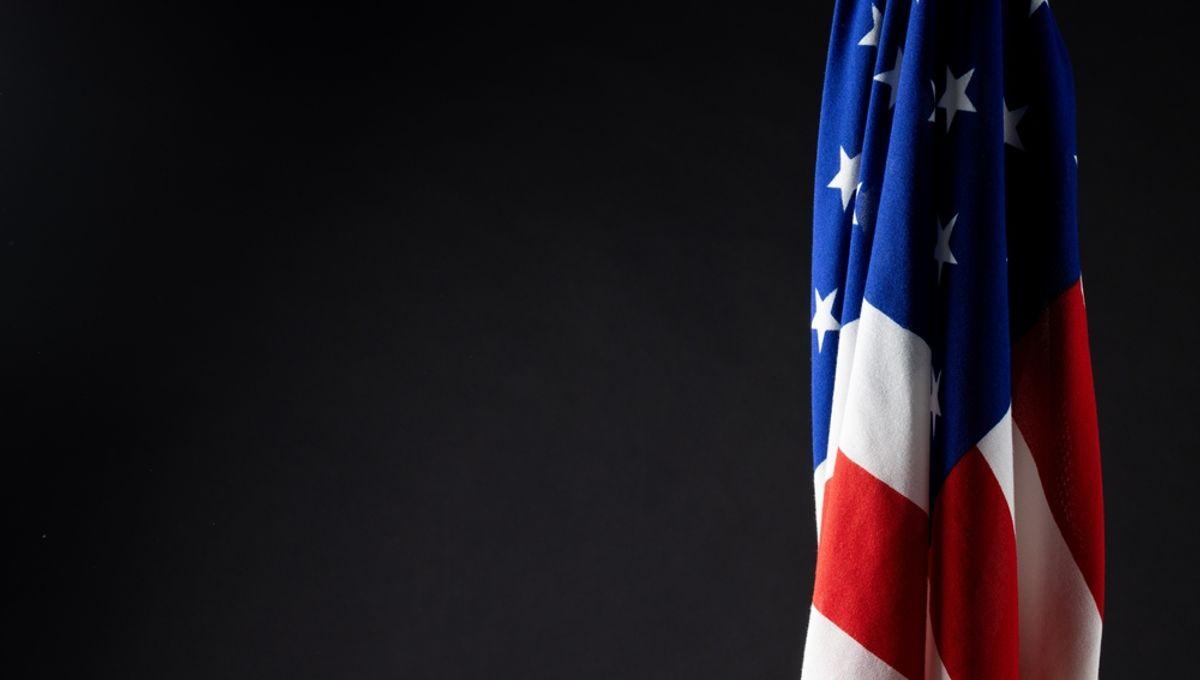-
Nieuws Feed
- EXPLORE
-
Pagina
-
Blogs
-
Forums
Six Months Into Trump's Presidency, Americans Report Record Low Pride In Being American

Six Months Into Trump's Presidency, Americans Report Record Low Pride In Being American
“I’m proud to be an American, where at least I know I’m free.” So sang Lee Greenwood in 1984, and it’s fair to say it was a sentiment shared by almost everyone in the nation. Not so anymore, however – as data from a new Gallup poll has shown a record low of only 58 percent of US adults now declaring themselves “extremely” or “very” proud to be an American.
It’s a precipitous drop from the beginning of the 21st century, when close to nine out of 10 people reported these top two levels of patriotic pride – roughly the same proportion as the early 1980s, when Lee Greenwood was releasing his signature song (we’re not implying a causative relationship here – the early aughts were, after all, when we saw Greenday's American Idiot top the Billboard 200). In fact, the proportion who were “very” or “extremely” proud to be American has held strong at above four out of five for most of this century. Right up until 2017, when something evidently changed. That year, only three out of four respondents said they held that level of pride in their nationality – a drop of around 10 percentage points overall – and, according to the poll, that number has only decreased since then. Splitting the results by various strata reveals an even more stark picture. The oldest cohort, born before 1946, were more than twice as likely as Gen Z respondents to report being extremely or very proud to be American; the generations between showed a steady decline in pride with each step forward in time. “Each generation is less patriotic than the prior generation,” said Jeffrey Jones, a senior editor at Gallup, told ABC News, “and Gen Z is definitely much lower than anybody else.” But that wasn’t the whole story. “Even among the older generations, we see that they're less patriotic than the ones before them,” Jones explained, “and they've become less patriotic over time.” Indeed, while the share of Republicans reporting feeling extremely or very proud to be an American has dropped just one or two percentage points since 2001 – that’s true across all generations of GOP voters – for Democrats, the picture is very different. Even the oldest among them have seen a drop from 88 to 77 percent feeling extremely or very proud to be American; for Millennials, the figures have gone from 76 to 44 percent – a drop by more than two-fifths, and a proportion of only about four in nine Millennial Democrats feeling very or extremely proud in their nationality. But even that is pretty proud compared to the youngest cohort of Democrats – Gen Z, among whom less than one in four claimed the top levels of pride. It’s notably less than the opposite: almost one in three of the same group say they have little or no pride in their nationality. While the drop in national pride is “primarily driven by Democrats,” Jones said, he did caution against jumping to easy conclusions. Younger generations, arguably, simply have less to be proud of, after all: their economic prospects seem lower; they’re lonely; they’re inheriting a boiling hot, mid-mass-extinction world; their rights and freedoms are under attack; and the federal government, they feel, is only going in the wrong direction. “It’s not just a Trump story," Jones told ABC. “Something else is going on.” “Younger generations [are] coming in,” he said, “and [they’re] not being as patriotic as older people.”


